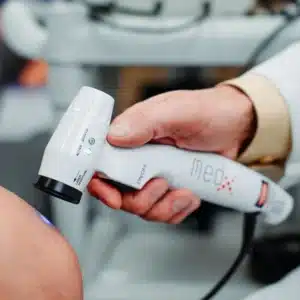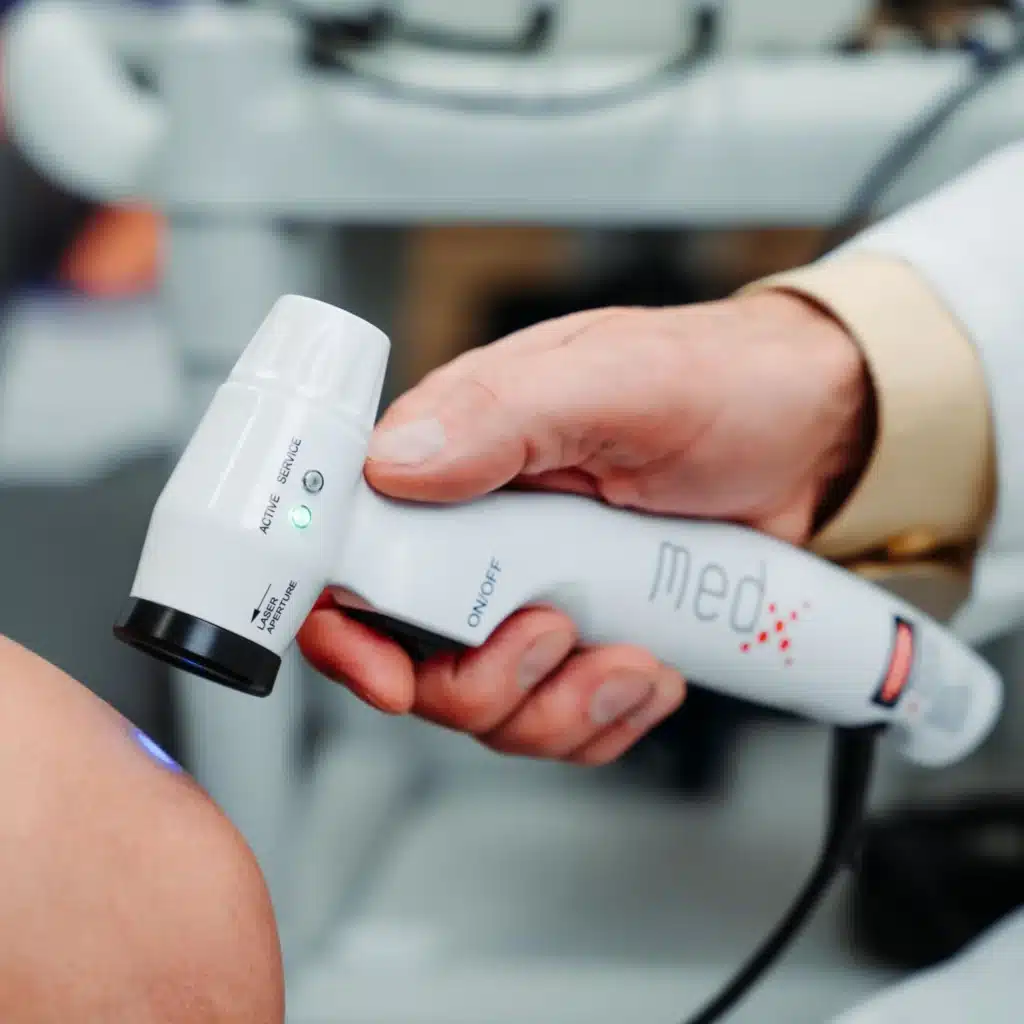Walking is one of the healthiest and simplest ways to stay active, but even experienced walkers can face discomfort during or after long distances. At LMC Footcare, our footcare specialists (chiropodists) regularly help patients choose the right orthotics for their walking needs. Here’s a more in-depth guide to what makes a good orthotic for long walks, why custom orthotics can be a great solution, and how to get started.
What Makes a Good Orthotic for Walking?
- Arch Support: Essential for distributing your body weight evenly and reducing stress on the plantar fascia. Without proper support, you might develop issues like plantar fasciitis or arch strain.
- Shock Absorption: Walking generates a significant impact with each step, especially on hard surfaces. Orthotics with shock-absorbing properties can help reduce stress on your feet, ankles, and knees.
- Breathable Materials: Keeps your feet dry and prevents irritation and blisters, making longer walks more comfortable.
- Durability: Quality orthotics should last and maintain their shape and support over time, even with daily use.
Why Custom Orthotics?
Custom orthotics are designed specifically for your foot shape, gait, and pressure points, offering a personalized approach to foot health. They:
- Adapt to Your Unique Needs: Unlike store-bought inserts, custom orthotics address the specific imbalances that may cause pain or fatigue during long walks.
- Reduce Injury Risk: By improving alignment and providing tailored support, they help prevent conditions like shin splints, stress fractures, and overuse injuries.
- Support Existing Conditions: People with flat feet, high arches, bunions, or plantar fasciitis can walk longer with less pain thanks to the support of custom orthotics.
Signs You Might Need Orthotics
- Persistent Foot Pain: Especially in the arch, heel, or ball of the foot after long walks.
- Frequent Blisters or Calluses: May indicate improper alignment or shoe fit.
- Fatigue in the Feet or Legs: Could be due to inefficient biomechanics.
- Pain in Other Joints: Such as the knees, hips, or lower back, often linked to foot alignment.
How to Get Fitted for Custom Orthotics
At LMC Footcare, our footcare specialists (chiropodists) perform a comprehensive assessment, including muscle and joint assessment, footwear assessment, skin assessment, vascular and neurological assessment, and a discussion about your walking habits. This helps design orthotics that match your lifestyle, whether you’re a weekend walker or a dedicated hiker.
Over-the-Counter Insoles vs. Custom Orthotics
Over-the-counter insoles can provide temporary relief and additional cushioning, but they’re not designed to address your foot’s unique needs. They often lack the specific support required to treat underlying issues. Custom orthotics, on the other hand, provide long-term solutions that are tailored to your foot structure, activity level, and walking patterns.
Practical Tips for Walking Comfort
- Choose the Right Shoes: Even the best orthotic won’t help if your shoes don’t fit properly or lack support.
- Gradual Break-In: If new to orthotics, ease into them gradually to allow your feet to adjust.
- Maintain Your Orthotics: Keep them clean, check for wear, and replace them when they lose their support (usually every 1–3 years).
When to See a Footcare Specialist (Chiropodist)
If you’ve tried different shoes and insoles but still experience pain, fatigue, or discomfort during or after long walks, or when your foot has undergone changes from injury, age-related, or weight gain, it’s time to consult a footcare specialist (chiropodist). Early assessment can help prevent small problems from becoming chronic issues.
Final Thoughts
Orthotics can transform your walking experience from painful to enjoyable, keeping you active and reducing your foot pain. Whether you choose over-the-counter insoles or invest in custom orthotics, be sure to consult a footcare specialist (chiropodist) to get the right fit for your feet and your walking goals.
Frequently Asked Questions
1. How do custom orthotics help with long walks?
They provide personalized support that corrects imbalances, reduces pain, and improves endurance.
2. Can I move my orthotics between shoes?
Most custom orthotics can be used in different walking shoes, but some footwear may require a specific design.
3. How do I know if I need custom orthotics or off-the-shelf insoles?
If foot pain is persistent or if you have specific conditions like plantar fasciitis or high arches, custom orthotics are often recommended.
4. Do I need a prescription for custom orthotics?
Not necessarily, but a footcare specialist (chiropodist) can perform an assessment and recommend the best solution.
5. Are custom orthotics covered by insurance?
Many insurance plans include coverage. Our team at LMC Footcare will provide the Rx, receipt and biomechanical summary required for insurance purposes.
















